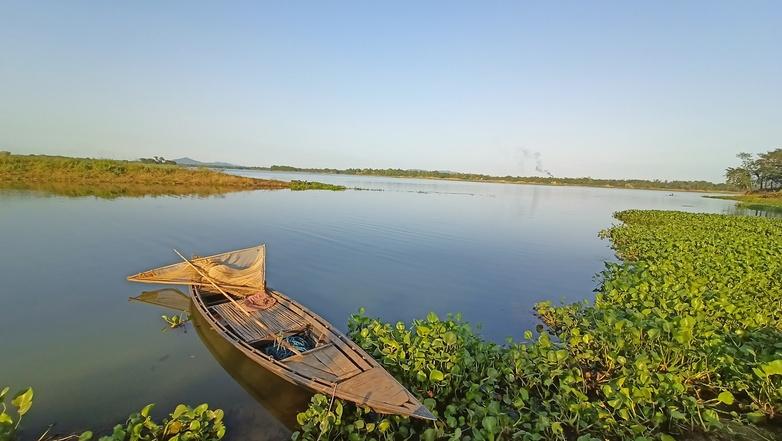Northeast India, home to two of the world’s 34 biodiversity hotspots, is a region abundant in flora and fauna, particularly a striking aquatic biological diversity. These include 520 fish (35 endemic), 186 molluscs and 367 different dragonfly species. Threats, however, loom large due to conflicts of use and objectives, direct anthropogenic interference, sedimentation of rivers and wetlands from deforestation and the effects of climate change. These aquatic ecosystems act as a vital natural interface for biodiversity conservation, water and food security, and sustainable management – especially in the wake of climate change.
State and local stakeholders have implemented their improved knowledge and management capacities for the conservation and climate-friendly management of aquatic ecosystems in four states in the North-Eastern Himalayan Region of India.
The project is being implemented in close cooperation with national and state government departments, scientific institutions, civil society organisations and local communities with their traditional administrative structures. The Institute of Inland Fisher-ies in Potsdam (IFB) provides support to the project as a German research institution by facilitating exchange and knowledge.
The project aims at:
• improving the research capabilities and knowledge management of universities and research institutions in the field of aquatic ecosystems;
• developing management concepts for aquatic ecosystems in a participatory manner in four pilot areas;
• facilitating state authorities to move them in the direction of improved management and planning capabilities in the area of climate-resilient protection and management practices for aquatic resources.

